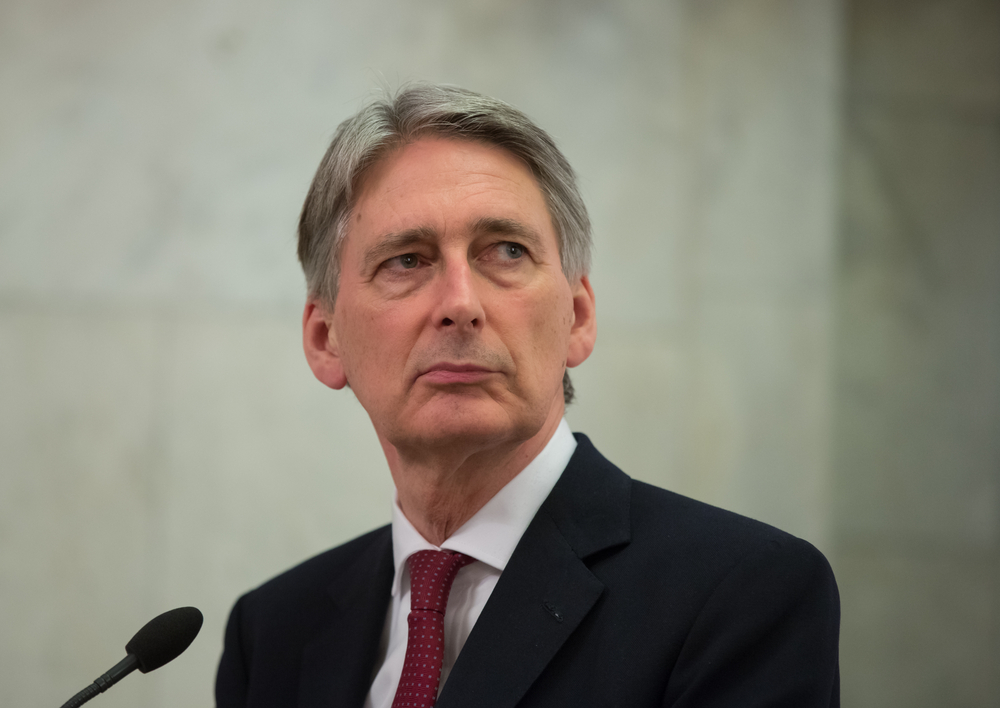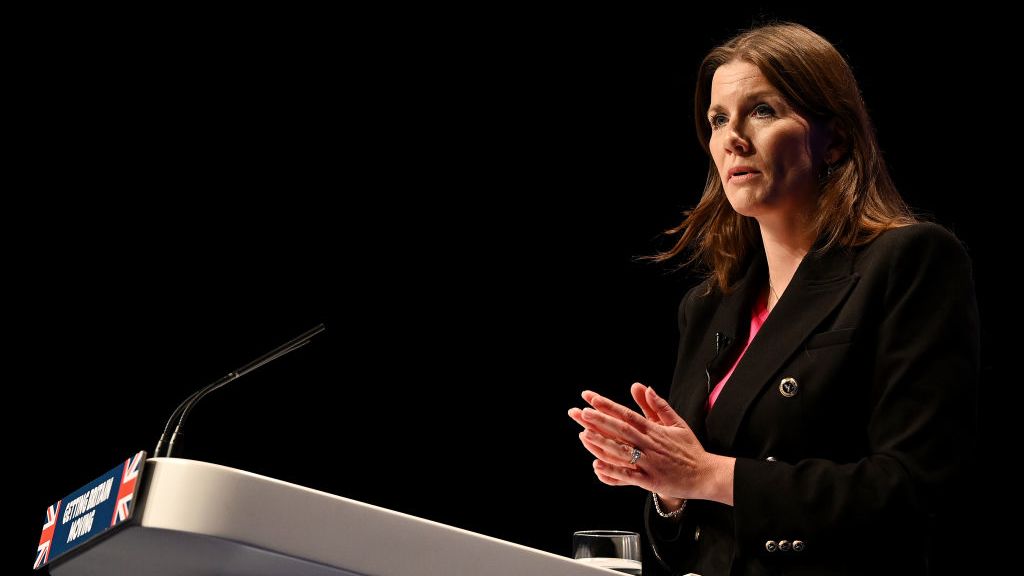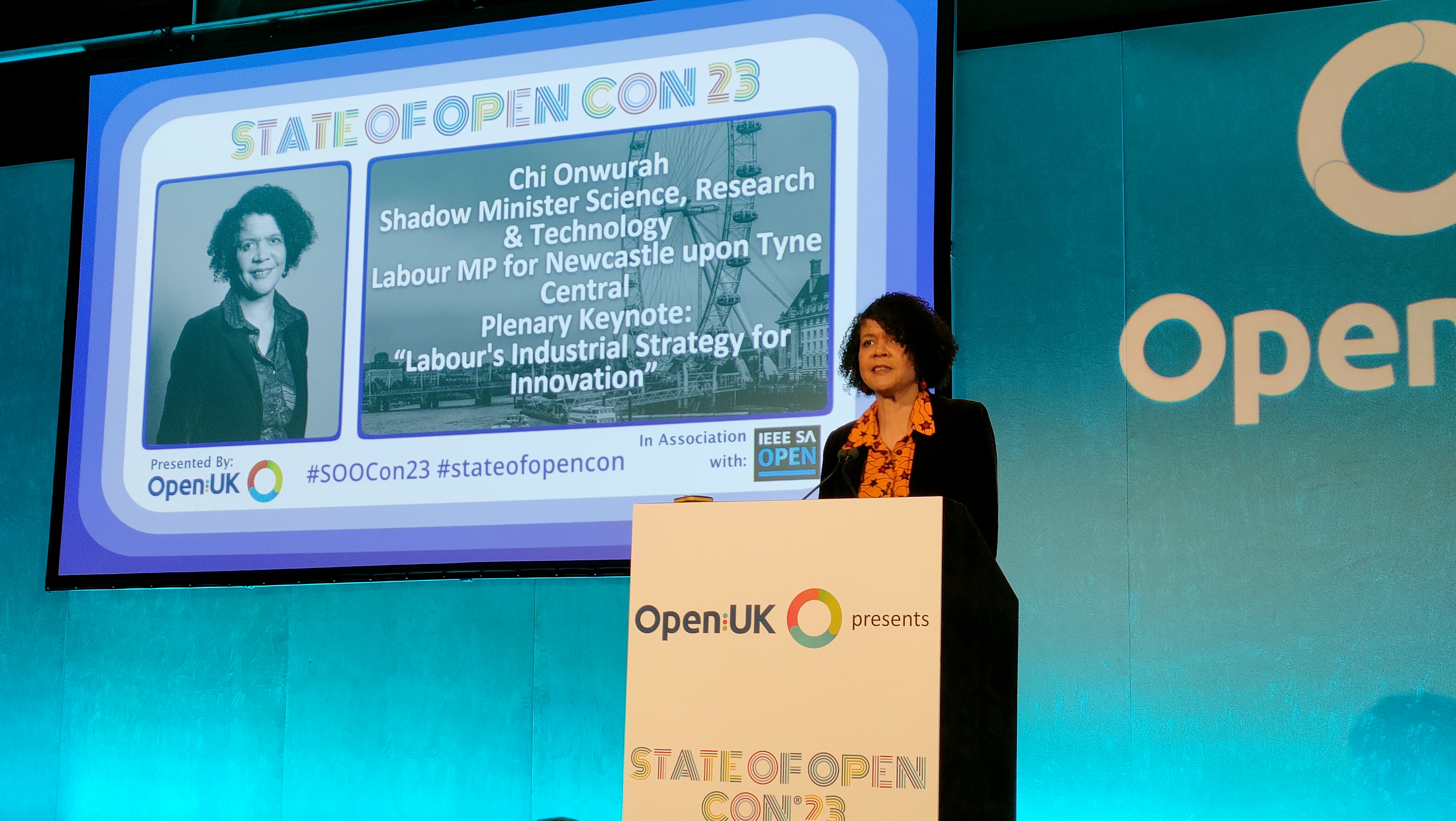Chancellor backs calls to curb tech giants' market power
A review calls for stronger powers for the CMA and a new quango to monitor the digital market


The chancellor Philip Hammond has hinted that a fresh set of measures aimed at curtailing the corporate power of tech giants such as Facebook and Apple are imminent.
An independent report, commissioned by the chancellor into digital competition across the UK, has just been published ahead of the Spring Statement, which is set to be delivered before Parliament today.
In the 150-page report, a competition expert panel led by Harvard professor Jason Furman has called for a comprehensive upgrade to competition policy and the formation of a pro-competition digital markets unit.
The Competition and Markets Authority (CMA), meanwhile, must take more frequent and firmer action against mergers and acquisitions between tech firms, with a set of refreshed and tougher enforcement powers.
The current landscape, the report also argues, is detrimental to digital startups who are being motivated primarily by the aim of being bought out by a major tech firm, rather than seeking to disrupt the field.
"Competition is fundamental to ensuring the market works in the interest of consumers, but we know some tech giants are still accumulating too much power, preventing smaller businesses from entering the market," Hammond said.
"The work of Jason Furman and the expert panel is invaluable in ensuring we're at the forefront of delivering a competitive digital marketplace.
Get the ITPro daily newsletter
Sign up today and you will receive a free copy of our Future Focus 2025 report - the leading guidance on AI, cybersecurity and other IT challenges as per 700+ senior executives
"I will carefully examine the proposals put forward by the panel before responding later this year, setting out how the government will implement the changes needed to ensure our digital markets are competitive and consumers get the level of choice they deserve."
The government has responded positively to the findings, with Hammond set to make an initial response in his Spring Statement speech this afternoon, with a concrete set of responses due this summer.
This is in addition to an online harms white paper jointly-devised by the Home Office and the Department for Digital, Culture, Media and Sport, which due to be released before the end of the winter.
The 20 recommendations issued by the independent panel is headlined by the formation of the digital markets unit, which the group says should be filled with sufficient expertise in technology, economics and behavioural science to effectively regulate the market.
The new unit should also give consumers more control over their data by allowing people to switch between platforms more easily.
The CMA should also formally launch a market study into the digital advertising market which is dominated by two players, namely Google and Facebook, and is said to also suffer from a lack of transparency.
"The digital sector has created substantial benefits but these have come at the cost of increasing dominance of a few companies which is limiting competition and consumer choice and innovation," chair of the independent review Jason Furman said.
"The Chancellor, Philip Hammond, was right to recognise there is a better way than just continuing with the status quo. My panel is outlining a balanced proposal to give people more control over their data, give small businesses more of a chance to enter and thrive, and create more predictability for the large digital companies.
"These recommendations will deliver an economic boost driven by UK tech start-ups and innovation that will give consumers greater choice and protection."
The report follows a host of similar findings from a variety of voices, including a House of Commons select committee and the Labour Party. Both organisations have independently called for a new regulatory regime to govern the growing power of big tech firms, including the formation of an independent regulator for the digital industry.
The findings of the report also largely correlate with a diagnosis set out by presidential hopeful Elizabeth Warren, who over the weekend echoed Labour's calls major tech companies to be "broken up". However, the chancellor is not expected to introduce a remedy as extreme when he sets out the governments position later today.

Keumars Afifi-Sabet is a writer and editor that specialises in public sector, cyber security, and cloud computing. He first joined ITPro as a staff writer in April 2018 and eventually became its Features Editor. Although a regular contributor to other tech sites in the past, these days you will find Keumars on LiveScience, where he runs its Technology section.
-
 Bigger salaries, more burnout: Is the CISO role in crisis?
Bigger salaries, more burnout: Is the CISO role in crisis?In-depth CISOs are more stressed than ever before – but why is this and what can be done?
By Kate O'Flaherty Published
-
 Cheap cyber crime kits can be bought on the dark web for less than $25
Cheap cyber crime kits can be bought on the dark web for less than $25News Research from NordVPN shows phishing kits are now widely available on the dark web and via messaging apps like Telegram, and are often selling for less than $25.
By Emma Woollacott Published
-
 UK financial services firms are scrambling to comply with DORA regulations
UK financial services firms are scrambling to comply with DORA regulationsNews Lack of prioritization and tight implementation schedules mean many aren’t compliant
By Emma Woollacott Published
-
 What the US-China chip war means for the tech industry
What the US-China chip war means for the tech industryIn-depth With China and the West at loggerheads over semiconductors, how will this conflict reshape the tech supply chain?
By James O'Malley Published
-
 Former TSB CIO fined £81,000 for botched IT migration
Former TSB CIO fined £81,000 for botched IT migrationNews It’s the first penalty imposed on an individual involved in the infamous migration project
By Ross Kelly Published
-
 Microsoft, AWS face CMA probe amid competition concerns
Microsoft, AWS face CMA probe amid competition concernsNews UK businesses could face higher fees and limited options due to hyperscaler dominance of the cloud market
By Ross Kelly Published
-
 Online Safety Bill: Why is Ofcom being thrown under the bus?
Online Safety Bill: Why is Ofcom being thrown under the bus?Opinion The UK government has handed Ofcom an impossible mission, with the thinly spread regulator being set up to fail
By Barry Collins Published
-
 Can regulation shape cryptocurrencies into useful business assets?
Can regulation shape cryptocurrencies into useful business assets?In-depth Although the likes of Bitcoin may never stabilise, legitimising the crypto market could, in turn, pave the way for more widespread blockchain adoption
By Elliot Mulley-Goodbarne Published
-
 UK gov urged to ease "tremendous" and 'unfair' costs placed on mobile network operators
UK gov urged to ease "tremendous" and 'unfair' costs placed on mobile network operatorsNews Annual licence fees, Huawei removal costs, and social media network usage were all highlighted as detrimental to telco success
By Rory Bathgate Published
-
 Labour plans overhaul of government's 'anti-innovation' approach to tech regulation
Labour plans overhaul of government's 'anti-innovation' approach to tech regulationNews Labour's shadow innovation minister blasts successive governments' "wholly inadequate" and "wrong-headed" approach to regulation
By Keumars Afifi-Sabet Published